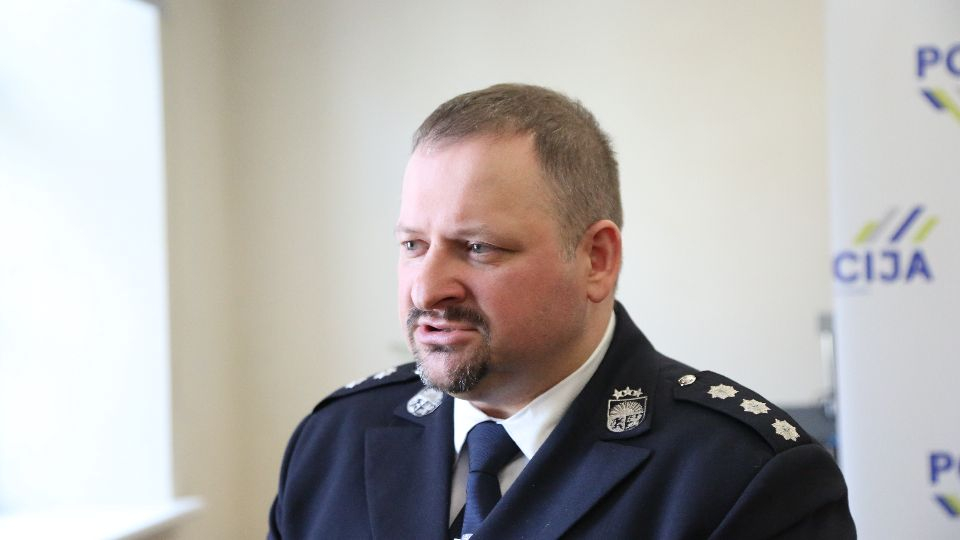Asked if the police had done everything to prevent the murder in Jēkabpils, Ruks said: “Here's the system to be observed/ And the fact that the other institutions involved are currently silent or putting blame on the police, that is, to put it mildly, incorrect,” Ruks said.
He said one should also look at what the prosecutor's office and the court have done in this case.
“Any criminal proceedings are under the supervision of the prosecutor's office. The court also is involved and at any stage can appoint mandatory medical [intervention] if a man is suspected of having psychological problems. That's why I deny that it's just the fault of the police,” Ruks said.
Ruks has ordered a service inspection in the case. In Ruks' opinion, official checks on what had happened should also be carried out by other law enforcement authorities involved, including the prosecutor's office.
“We don't point fingers. The police are always ready to respond and always the first to answer for everything, but we need to look systemically,” the Chief of the State Police said.
According to Ruks, the police also set up a working group: police specialists are working to assess “situations in general”, including the regulatory framework that the police may apply in cases of violence and persecution.
Ruks said that there are members of the public who are not affected effectively by existing punishment measures, like the Jēkabpils murderer, who had easily ignored all penalties imposed on him, including a restraining order.
The State Police, therefore, intends to present proposals to allow law enforcement authorities to address violent persons in time. The development of technical means, such as electronic bracelets for the potential victim and perpetrator, may also have to be considered. “There is a limited range of tools. Yes, of course, I suppose [the police] could do better at some point, but it will be shown by the service check,” the police chief said.
The man suspected of the murder, 53-year-old Leons Rusiņš, is still wanted in Latvia and internationally. One of the versions of the investigation is that the man might have committed suicide by drowning in Aiviekste river, where his car was found.
“But let's find him. Alive or dead, but we'll find him,” Ruks said.
Later on Friday, the President of Latvia, Egils Levits, requested an assessment of all the circumstances related to the conduct of officials of the State Police and Public Prosecutor's Office who, in the performance of their duties, had known about the complaints of the crime victim, as well as to outline changes in internal action or external legislation to ensure that similar cases with tragic and irreversible consequences do not recur.




























